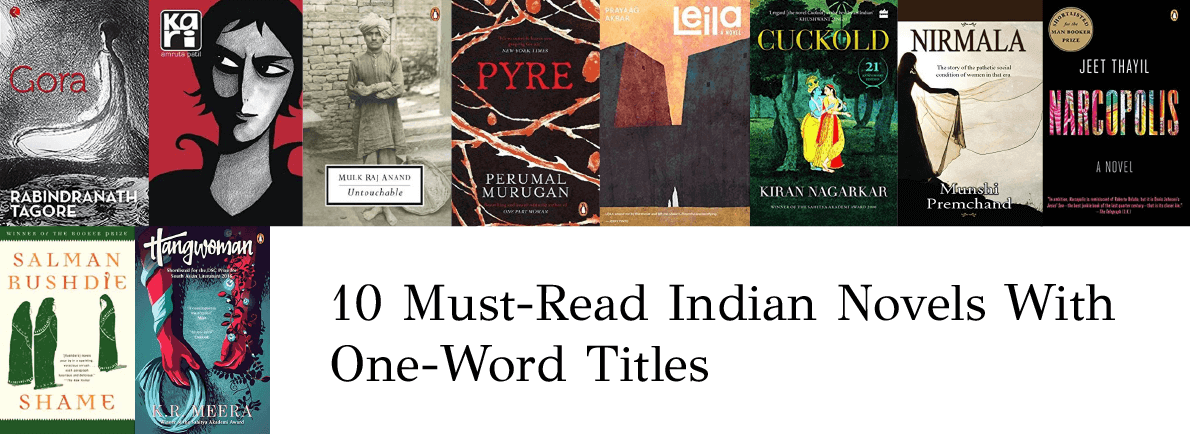
It’s not an easy task to encapsulate your entire story within a title – a few words which might decide the novel’s fate. Sometimes a one-word title is enough, other times, it falls flat. Even so, many Indian authors have dared to do it, and the outcome is surreal. From Tagore’s commentary on religious changes in pre-independence Bengal to Perumal Murugan’s story on caste discrimination, these books are sure to captivate you. This list also includes the trippy tale of an opium addict and a dystopian novel which seems all too real.
01
Cuckold
Kiran Nagarkar
Set in16th-century Mewar, Cuckold is the tale of Maharaj Kumar, who is next in line for the throne. Even though Mewar is constantly at war with other kingdoms, and despite the fact that his half-brother is plotting to take the throne, Maharaj Kumar remains a dutiful prince, an honest man and an extremely intellectual being. His marriage to Mira Bai remains unconsummated, as she believes herself married to Lord Krishna. He even paints himself blue like the Lord, but she refuses to sway from her devotion. Maharaj Kumar calls himself a cuckold, as even his second wife has an affair with his step-brother. Kiran Nagarkar’s extremely beautiful work won him the Sahitya Academy award and is a fascinating work of historical fiction.
Buy it here.
02
Shame
Salman Rushdie
Omar Khayyam Shakil is born to one of three sisters, but they refuse to reveal the truth about his lineage. They bring him up in a secluded fortress and teach him how there is no shame in anything. When he finally asks to leave, Omar gets caught in the powerplay between two influential families. Shame’s central characters are Iskander Harappa, the Prime Minister and Raza Hyder, the President, who use vulgarity and brutality in their dirty political games. They each have secrets that are long buried, secrets that might bring shame to their families if discovered. Salman Rushdie’s Shame is claimed to have been influenced by Pakistani politics and is an interesting read in magical realism.
Buy it here.
03
Untouchable
Mulk Raj Anand
Set in the fictional town of Bulashah, Untouchable recounts a day in the life of Bakha, a young sweeper, whose family is considered untouchable. The story starts with Bakha’s father yelling at him to get out of bed and go clean the toilet of a high-caste man. Later in the day, he is brutally beaten by another high-caste man who accidentally brushes past him. Bakha also finds out that his sister is sexually assaulted by the local priest. Through the story, Anand tries to show Bakha’s despair and helplessness as these kinds of events were a norm in the daily life of untouchables.
Buy it here.
04
Gora
Rabindranath Tagore, Radha Chakravarty (Tr.)
Rabindranath Tagore’s Gora is an unprecedented classic set against the backdrop of pre-independence Bengal when religious unrest between Hindu nationalists and Bramho Samaj was at its peak. Gora is a story about the turbulent religious awakening in Bengal through the eyes of a young man. When certain events affect their personal life, two young men, Gora, a staunch orthodox and Binoy, his best friend, find themselves rethinking their religious beliefs. Tagore’s book is a social commentary on various themes ranging from feminism and caste to class and religion.
Buy it here.
05
Nirmala
Munshi Premchand
Munshi Premchand was a writer far ahead of his time, and Nirmala is a brilliant example of just why. Nirmala, the eponymous protagonist of the novel, is a young girl of 15 who is forcibly married to a man who is 20 years her senior and has three sons. Nirmala’s previous match is broken due to dowry, and even her married life suffers once her husband becomes suspicious that she is having an affair with his son. He takes a decision to send his son away, a decision that would change their lives. Premchand weaves in criticism against dowry and child marriage in Nirmala and makes us weep along with the character.
Buy it here.
06
Narcopolis
Jeet Thayil
Jeet Thayil’s protagonist in Narcopolis is Bombay of the 1970s, specifically, the Bombay of the opium dens. The narrator, in his hazy hallucinations, meets a number of unusual characters–a bibliophile eunuch, an all-knowing Bengali, the cynical owner of the opium den, and a runaway from communist China. While the narrator is getting high, Mumbai keeps evolving and subsequently succumbs to communal riots, murders, and newer drugs. Even as the violence of the city permeates their personal lives, the characters in this book still try to find the beauty in everything.
Buy it here.
07
Hangwoman
K.R. Meera, J. Devika (Tr.)
22-year old Chetna comes from a long line of executioners and is forced to take on the role of “Hangwoman” to continue the legacy of the male members of her family. She is already nervous at the thought of taking a life, and when the media starts circling her, the pressure only increases. Even as she must come to a decision on whether she can carry out her first execution, her family is rocked by several tragedies and Chetna must now take charge of her own life. In Hangwoman, K.R.Meera’s protagonist takes on the herculean task of trying to be her own person in a male-dominated society.
Buy it here.
08
Pyre
Perumal Murugan, Aniruddhan Vasudevan (Tr.)
Kumaresan secretly marries Saroja, a girl from a different caste. But soon the villagers start getting suspicious and, as a result, the couple is shunned by their community, not allowed to draw water from the well, and even familial relationships become strained. Even then, Kumaresan remains naively good-hearted, not anticipating the lengths his community will go to in the name of caste. Perumal Murugan’s Pyre is a brutal look at caste discrimination in India.
Buy it here.
09
Kari
Amruta Patil
Lovers Ruth and Kari decide to jump off a building but are saved as they fall into a net and a sewer, respectively. Later, Ruth decides to leave Kari and venture abroad, and Kari decides to continue with her daily life. Despite having a myriad of people around her, she cannot shake off the loneliness that Ruth left behind. As she struggles to live amicably in a predominantly heterosexual world, she befriends a dying person who helps change her perspective on life. She wanders around cleaning the sewers that once saved her life and catches glimpses of the lives of people around her. Amruta Patil’s graphic novel Kari keeps you on your toes as we see just where Kari’s suicidal thoughts take her.
Buy it here.
10
Leila
Prayaag Akbar
Set in a near future that seems all too plausible, Leila is the story of Shalini’s search for her daughter, Leila, who was taken away from her because Leila was born out of a Hindu-Muslim marriage. Once wealthy and privileged, Shalini was later sent to a purity camp after her husband was killed. At Purity Camp, she meets strong women who are aware of what they are standing up for and also willing to bear the consequences of their actions. She also realises the value of living and acting on the margins and we bear witness to her slow transformation into a strong woman as she continues her search for her daughter.
Buy it here.
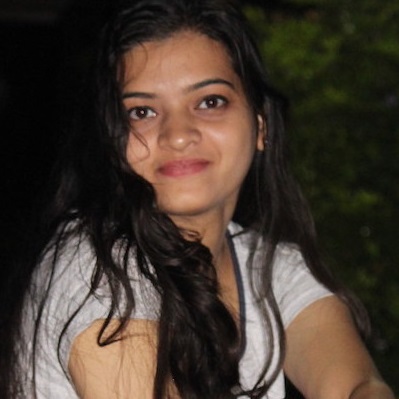
Prasanna is a human (probably) who makes stuff up for a living. When she’s not sleeping or eating, you’ll find her in the quietest corner of the library, devouring yet another hardbound book. She vastly prefers the imaginary world to the real one, but grudgingly emerges from her writing cave on occasion. If you do see her, it’s best not to approach her before she’s had her coffee.
She writes at The Curious Reader. You can read her articles here.

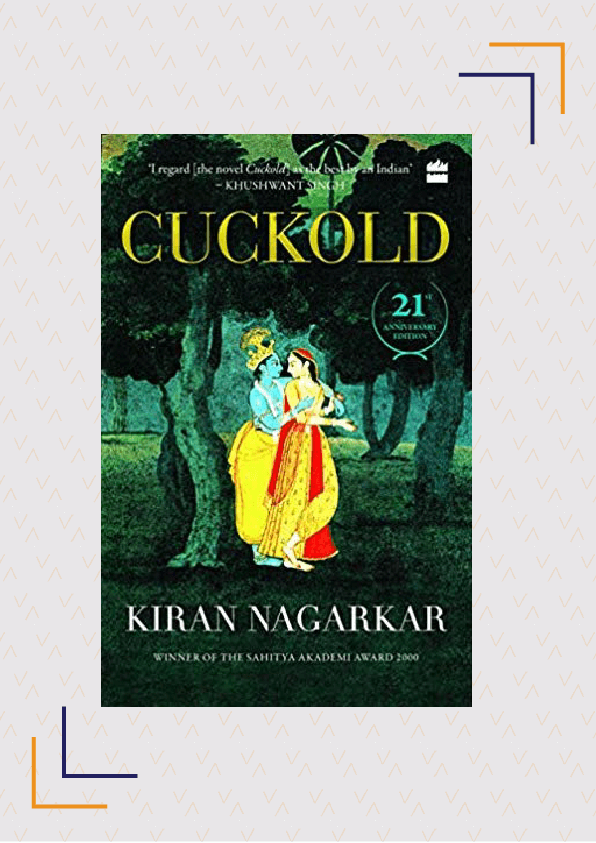
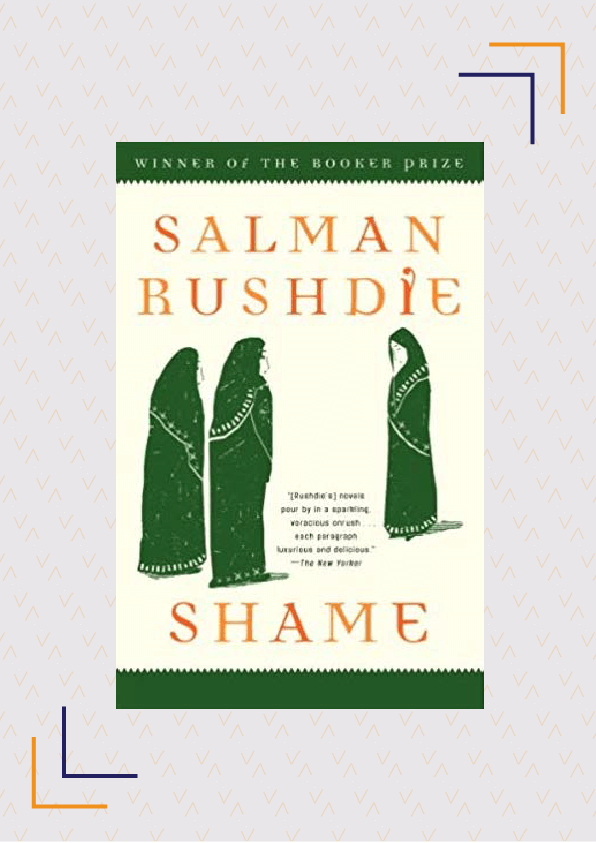
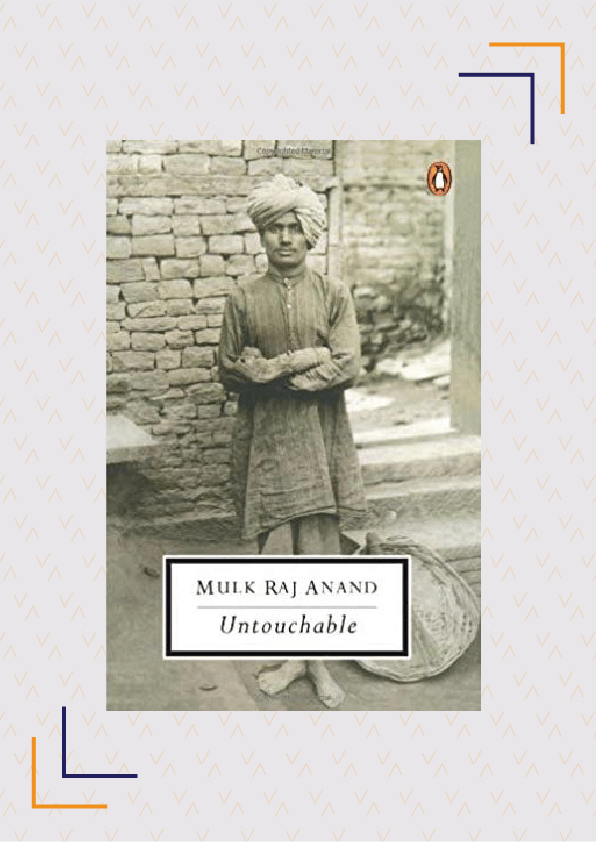
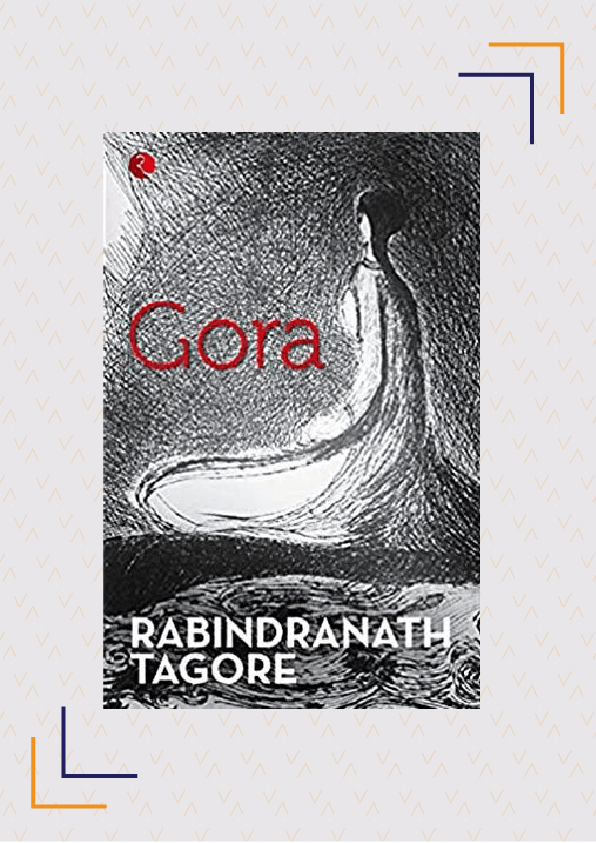
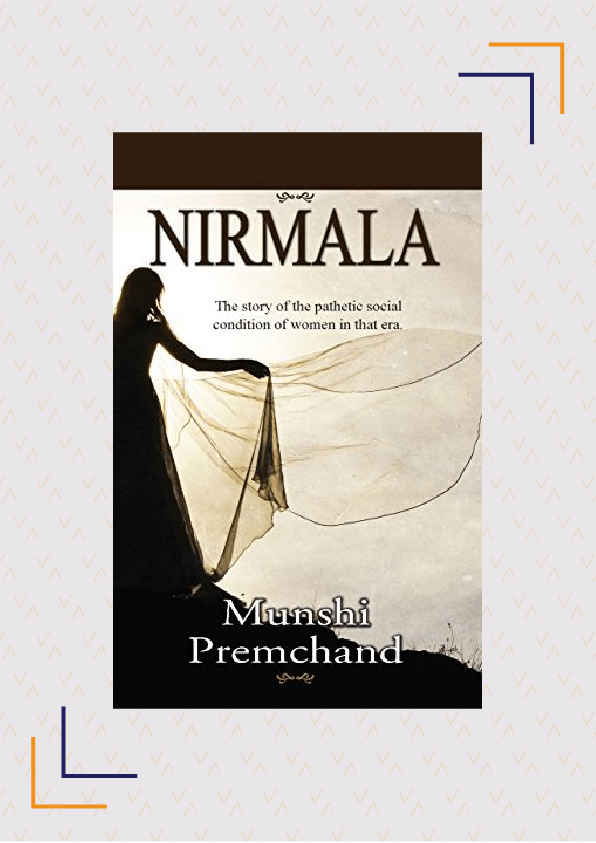
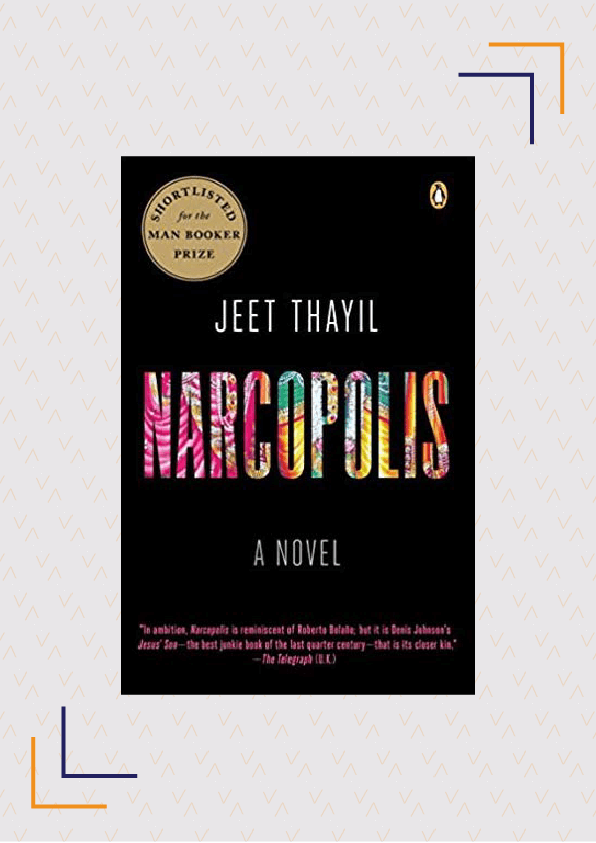
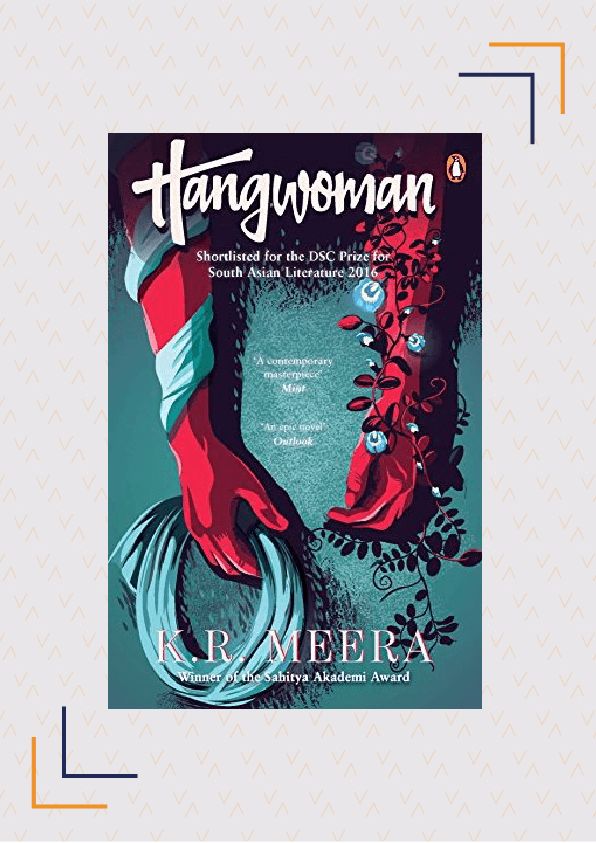
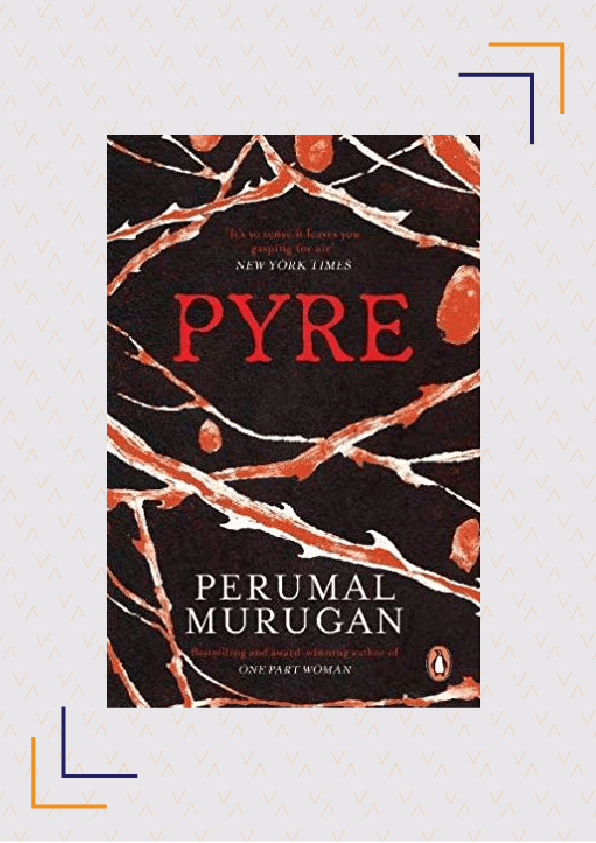
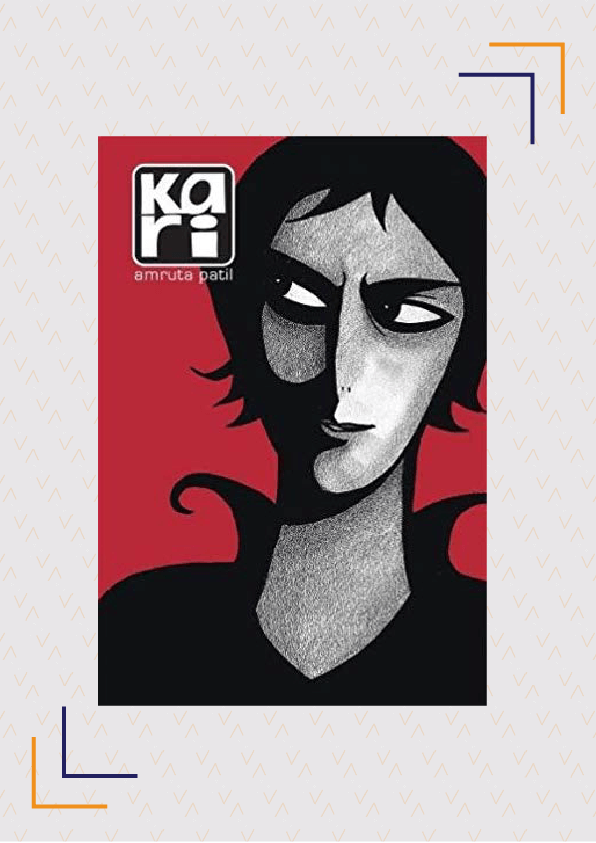
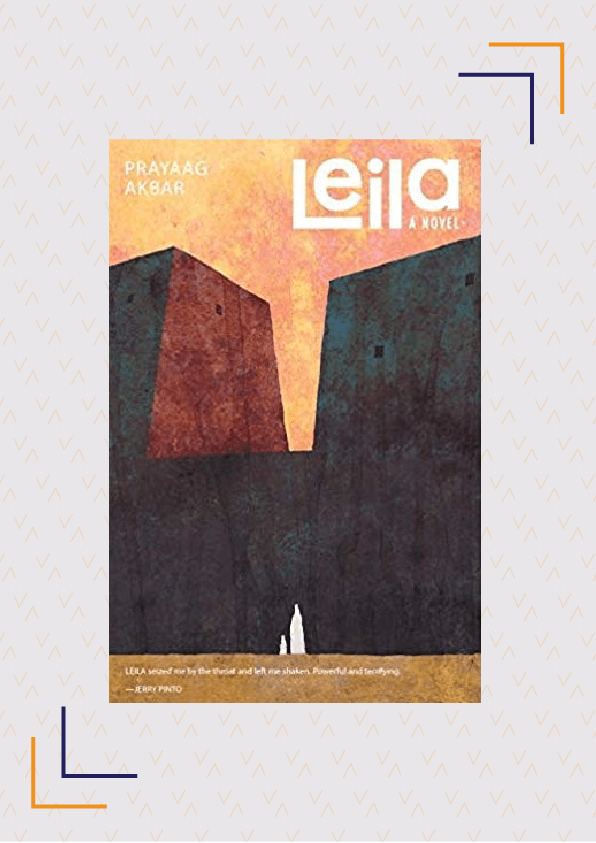
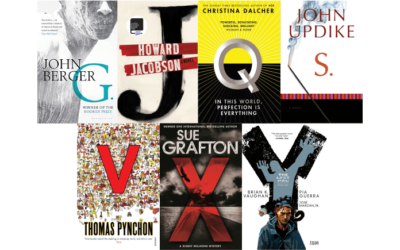
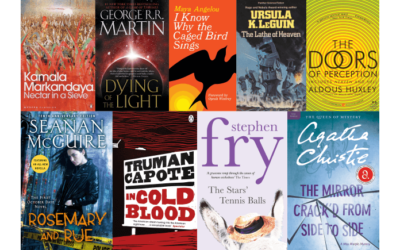
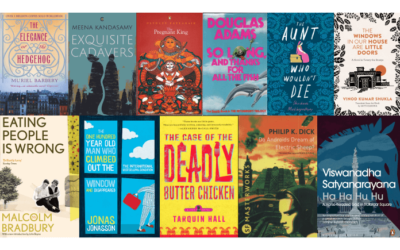
Delhi by Khushwant Singh